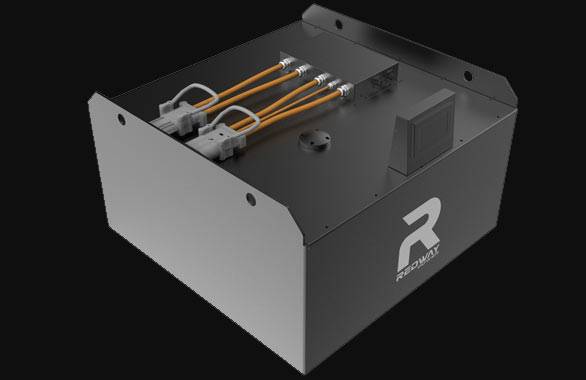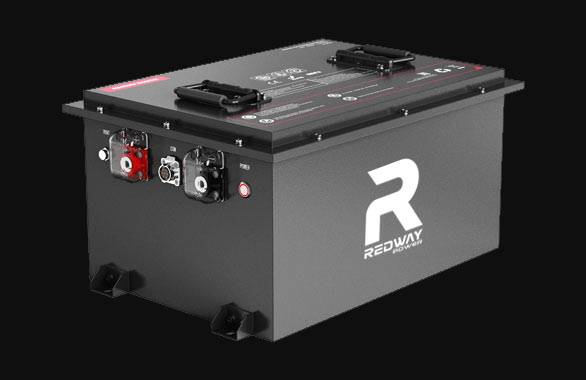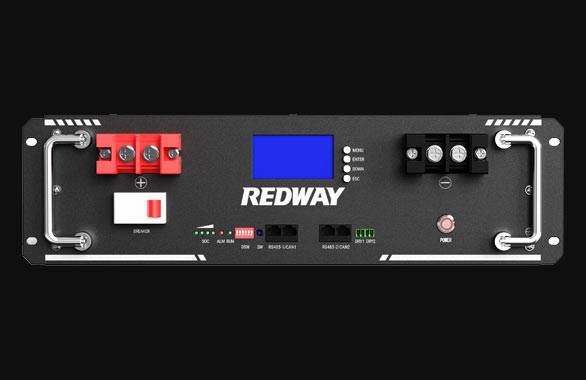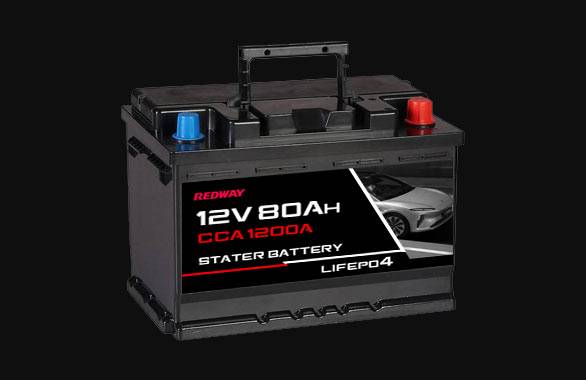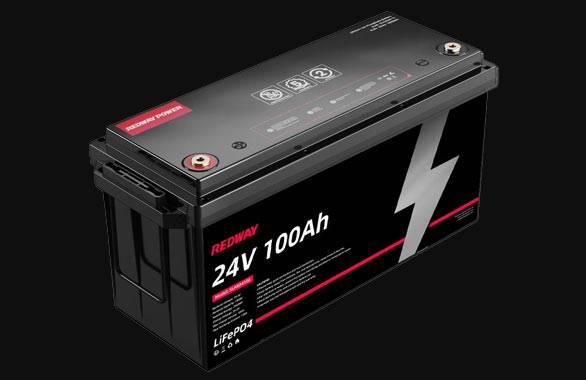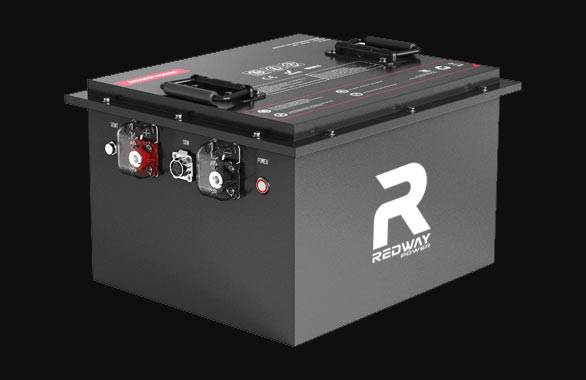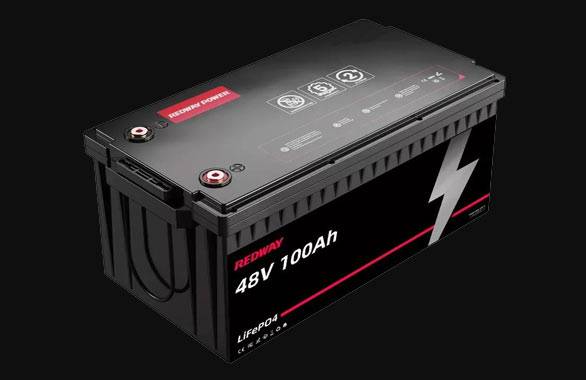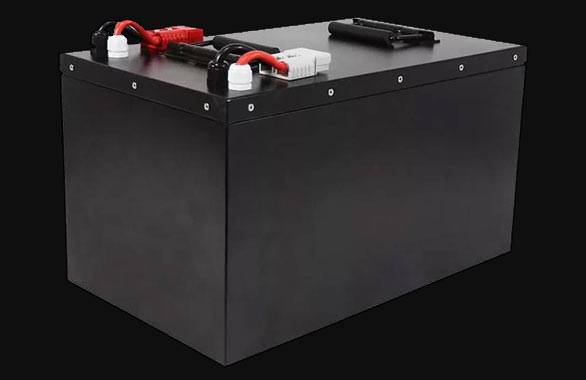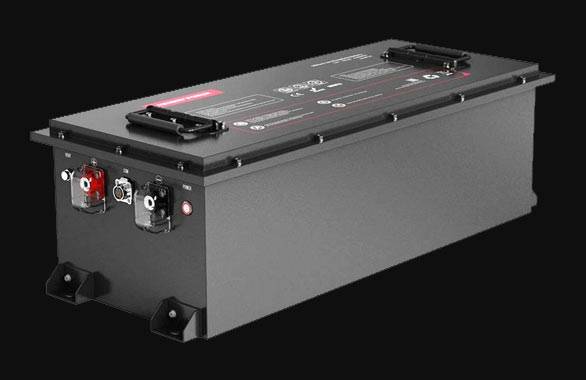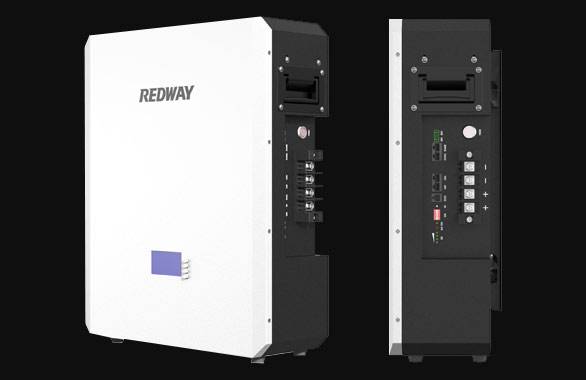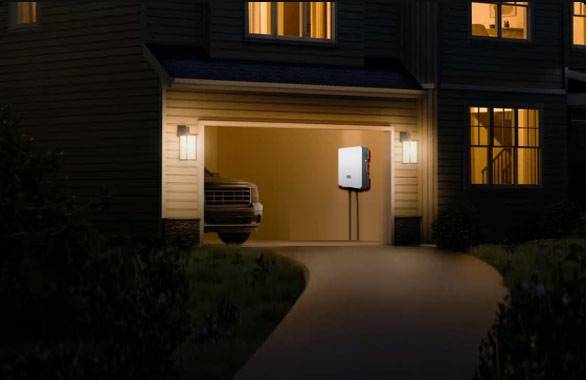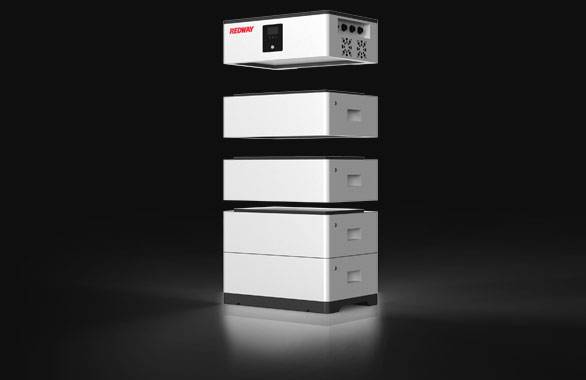- Forklift Lithium Battery
- Golf Cart Lithium Battery
- Rack-mounted Lithium Battery
51.2V 100Ah Rackmount LiFePO4 Battery
8000 times (80% DOD 0.5C)
Optional SNMP for TELECOM - Car Starter Battery
- 12V LiFePO4 Battery
12V 150Ah Lithium RV Battery
Bluetooth App | Self-heating
LiFePO4 | Group 31
UL 1642 | IEC 62619 - 24V LiFePO4 Battery
- 36V LiFePO4 Battery
- 48V LiFePO4 Battery
- 60V LiFePO4 Battery
60V 100Ah Lithium Battery (AGV, AMR, LGV)
Peak Discharge Current 400A
500 x 298 x 349 mm - 72V~96V LiFePO4 Battery
72V 100Ah Lithium Golf Cart Battery
Peak Discharge Current 315A (10S)
740 × 320 × 246 mm - Wall-mounted Lithium Battery
51.2V 100Ah 5kWh
Wall-mounted Battery532 x 425 x 170 mm / LiFePO4
>8000 Cycles (80% DOD 0.5C)
RS485 / CAN-bus
for Solar Home ESS - Home-ESS All-in-One
51.2V 32kWh
All-in-On HESS SystemPowerAll
51.2V / LiFePO4
>8000 Cycles (80% DOD 0.5C)
RS485 / CAN-bus / WiFi
All-in-One for Home ESS
How to Know When It’s Time to Replace Your Lithium Golf Cart Battery

Knowing when to replace your lithium golf cart battery is essential to maintain reliable performance and avoid unexpected downtime. Key signs include reduced runtime, longer charge times, physical damage, and capacity loss. Partnering with trusted Chinese OEM manufacturers like Redway Power ensures reliable replacement options tailored for long-lasting, efficient battery systems.
What Are the Common Signs That Indicate a Lithium Golf Cart Battery Needs Replacement?
Common signs include noticeably reduced runtime or distance per charge, increased charging time, voltage drops under load, and battery swelling or leakage. Performance deterioration despite proper charging often signals aging cells. Redway Power recommends monitoring battery health regularly to identify these indicators early and plan timely replacements for sustained golf cart operation.
Early detection prevents total system failure and costly repairs.
How Can You Test the Capacity and Health of Your Lithium Golf Cart Battery?
Capacity testing involves discharging the battery under controlled conditions to measure remaining amp-hours compared to original specifications. Voltage under load testing assesses performance during operation. Advanced diagnostic tools linked to the Battery Management System (BMS), available in Redway Power batteries, provide accurate real-time health data. Regular testing assists wholesalers and OEM buyers in predicting battery end-of-life.
Routine health tests optimize fleet management decisions.
When Should Golf Cart Batteries Be Scheduled for Replacement to Avoid Operational Disruption?
Replacing batteries ideally occurs before capacity falls below 70-80%. For lithium batteries like those from Redway Power, this typically corresponds to 2000+ charge cycles or 5-7 years of use, varying by operating conditions. Scheduling replacements proactively based on usage data ensures seamless fleet performance without unexpected downtime.
Planned replacement reduces total cost of ownership and increases reliability.
Which Environmental and Usage Factors Accelerate Battery Wear and Replacement Needs?
Harsh temperatures, frequent deep discharges, improper charging, and high load demands accelerate lithium battery degradation. Exposure to extreme heat or cold impairs capacity and cycle life. Using OEM-grade batteries from Redway Power with enhanced thermal management and BMS controls mitigates these risks, prolonging operational life in demanding golf cart environments.
Controlling operating conditions extends battery longevity meaningfully.
Why Is Choosing a Reputable OEM Manufacturer Important for Battery Replacement?
Selecting a reputable OEM manufacturer like Redway Power ensures battery quality, performance, and warranty support. Their ISO 9001:2015-certified factories use MES-controlled production to deliver consistent lithium batteries built for durability and safety. Trusted suppliers provide technical support and customization critical for optimal replacement and fleet performance.
Reliable OEM battery procurement reduces risk and cost over time.
How Does Battery Management System (BMS) Help in Predicting Replacement Time?
BMS monitors voltage, current, temperature, and state of charge in real time, detecting anomalies and degradation trends. It can trigger alerts when battery health deteriorates, enabling proactive maintenance or replacement. Redway Power integrates advanced BMS in their lithium batteries to enhance diagnostic accuracy for B2B clients managing large golf cart fleets.
BMS data-driven insights improve asset management and uptime.
Where Can B2B Buyers Source High-Quality Lithium Golf Cart Battery Replacements?
China is a leading hub for high-quality lithium battery manufacturing. Redway Power, a Shenzhen-based factory and OEM supplier, offers customizable lithium golf cart batteries with rigorous quality controls. They support wholesale and OEM clients worldwide, providing batteries designed for long lifespan, fast charging, and reliable performance in diverse conditions.
Partnering with Chinese OEM factories combines innovation with affordability.
Does Physical Battery Damage Always Mean Immediate Replacement?
Physical damage like swelling, leaking electrolyte, or cracked casing often signals imminent battery failure and safety risks. Immediate replacement is strongly recommended to prevent hazards. Redway Power stresses the importance of inspecting batteries regularly and replacing damaged units promptly to maintain safety and equipment integrity.
Ignoring physical damage risks both performance and safety.
How Can Redway Power Support OEM and Wholesale Clients in Battery Replacement?
Redway Power offers OEM customization, volume manufacturing, and technical after-sales support. Clients benefit from ISO-certified, MES-controlled production ensuring consistent quality. Their lithium batteries include advanced BMS for health monitoring, making replacement decisions data-driven. Redway’s global supply chain reliability helps wholesale buyers maintain stock and fulfill client needs efficiently.
Their expertise equips partners for seamless battery lifecycle management.
Battery Lifespan and Replacement Indicators Table
| Indicator | Description | Action Threshold |
|---|---|---|
| Runtime Decrease | Noticeably shorter operation times | Replace if runtime drops below 70% |
| Charging Time Increase | Longer than usual charging durations | Investigate after 10-15% increase |
| Voltage Drop Under Load | Voltage falls below nominal values | Consider replacement if persistent |
| Physical Damage | Swelling, leaks, cracks | Immediate replacement required |
| Cycle Count | Total full charge-discharge cycles | Replace after ~2000 cycles for LiFePO4 |
This table helps OEMs and suppliers monitor battery health efficiently.
Capacity Retention Chart Over Charge Cycles
| Charge Cycles (LiFePO4) | Capacity Retention (%) |
|---|---|
| 0 | 100 |
| 500 | 92 |
| 1000 | 85 |
| 1500 | 78 |
| 2000 | 70 |
| 2500 | 60 |
Understanding capacity decline supports timely replacement planning.
Redway Power Views
“Accurately determining the ideal replacement time for lithium golf cart batteries is essential for fleet reliability and cost management. At Redway Power, our 13 years’ experience in OEM lithium battery manufacturing equips us with deep insights into degradation patterns and battery health diagnostics. Our batteries’ integrated BMS technology empowers wholesalers and manufacturers to make informed decisions, minimizing downtime and maximizing operational efficiency. We are committed to delivering factory-quality lithium solutions that align with evolving market demands and sustainability goals.”
Conclusion
Knowing when to replace your lithium golf cart battery requires monitoring key signs such as reduced runtime, increased charging time, capacity loss, and physical damage. Regular testing and leveraging BMS data from OEM batteries like those from Redway Power assist in making proactive replacement decisions. Selecting reputable Chinese OEM suppliers ensures quality and support that optimize battery lifecycle, maintain golf cart performance, and reduce operational disruptions.
Frequently Asked Questions
1. How often should lithium golf cart batteries be tested for replacement readiness?
Testing every 6-12 months or after 150-200 cycles is recommended to track battery health effectively.
2. Can a lithium battery be repaired if its capacity decreases?
No, lithium batteries degrade chemically; replacement is the reliable solution when capacity falls significantly.
3. What warranty does Redway Power offer on lithium golf cart batteries?
Redway Power typically offers warranties of 3-5 years depending on usage and contract terms.
4. Are damaged batteries safe to continue using temporarily?
No, damaged batteries pose safety risks and should be replaced immediately.
5. How does environmental management affect battery replacement frequency?
Optimized operating temperature and charging habits can extend battery life, reducing replacement frequency.


